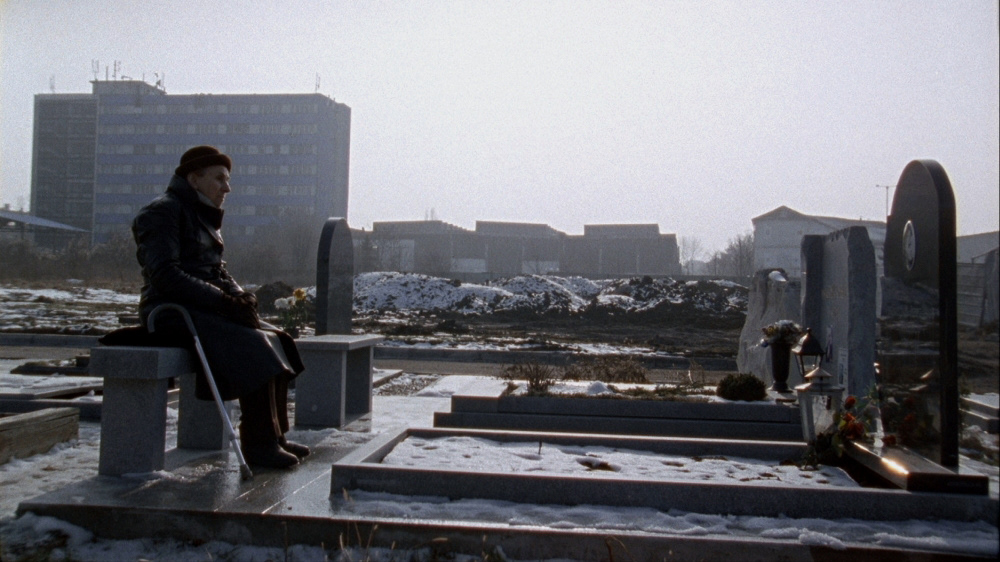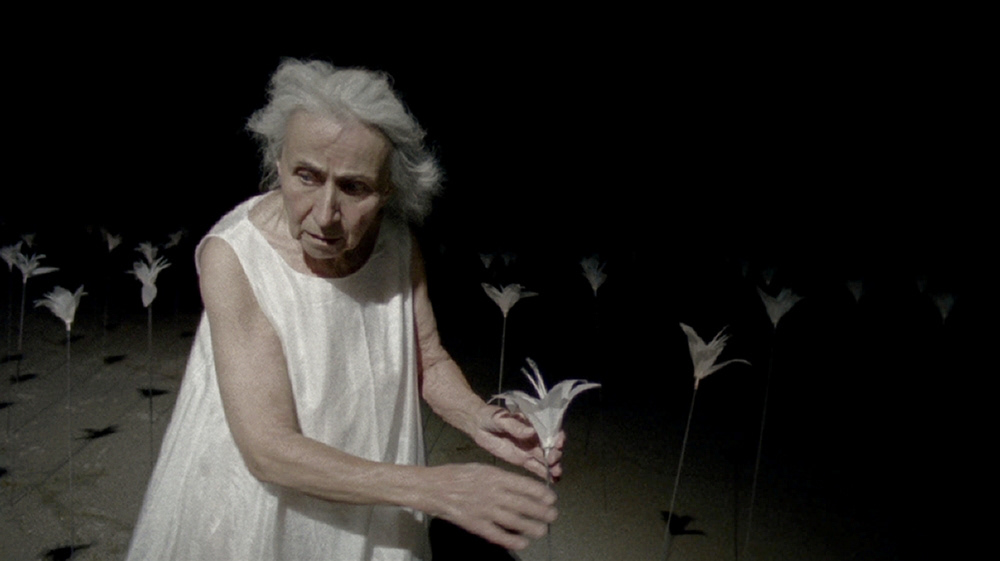

In his opulent, playful and sometimes serene debut film, Youlian Tabakov tells the chequered life story of a Bulgarian woman who survived three political regimes: monarchy, socialism and the present day. The director profits from having studied costume and design, which inspired him to interweave the documentary material with animated and staged sequences to produce a stream of imaginative and surprising images.
His grandmother, Tzvetanka Gosheva, was born in 1926 to a rich merchant’s family, which enabled her to attend a privileged school in Sofia. But this bourgeois background became her downfall after the war. Her parents were imprisoned as enemies of the party; her father would never recover from this. By sheer luck she managed to get permission to go to university. She became a doctor, though she suffered a lot of humiliation and obstruction in her work. Nonetheless, she remained in the country, even though she would have had opportunities to go abroad. Illness changes people, she says. Ironically, her last working day was 10 November 1989; the day Todor Zhivkov was overthrown. What follows is called democracy. Tzvetanka’s eye for politics remains sharp even though she is slowly going blind. To her the new system is corrupt.
She originally wanted to become an actress: in this film the diminutive woman delivers a great performance